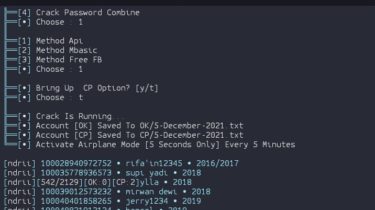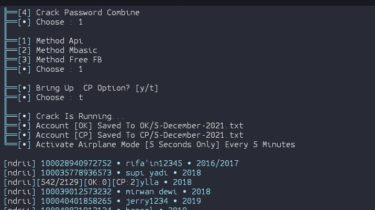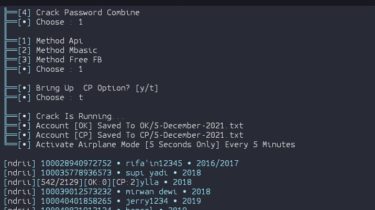Translates English into Mandalorian (Mando’a) utilizing a funtranslations free API
Translates English into Mandalorian (Mando’a) utilizing a “funtranslations” free API I created this app to experiment with a few different things I wanted more exposure to, one of the main points being GUI creation with Tkinter and how to influence functions from those inputs. The API will only accept so many queries per hour unless you pay for a plan on the website The translator is GUI based only at this time (Tkinter) GitHub View Github
Read more


